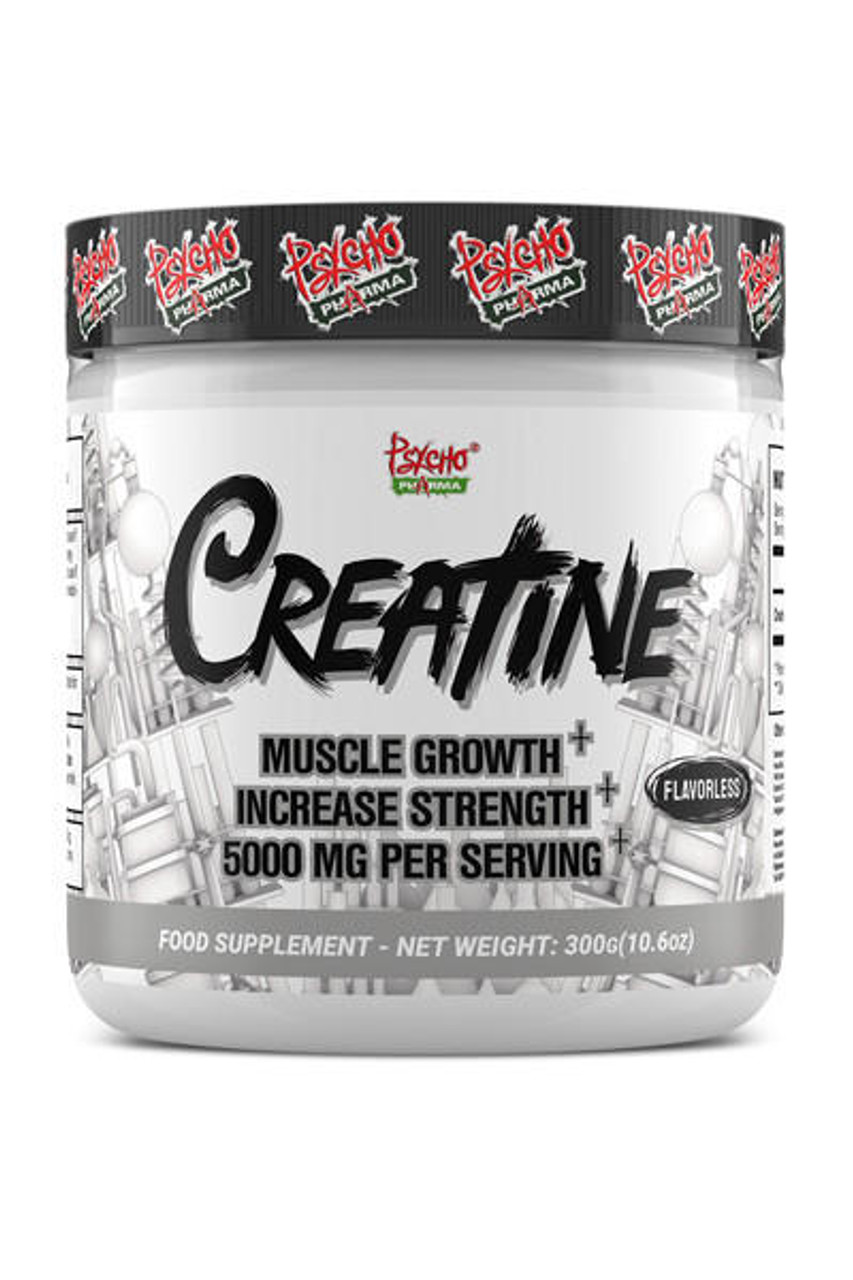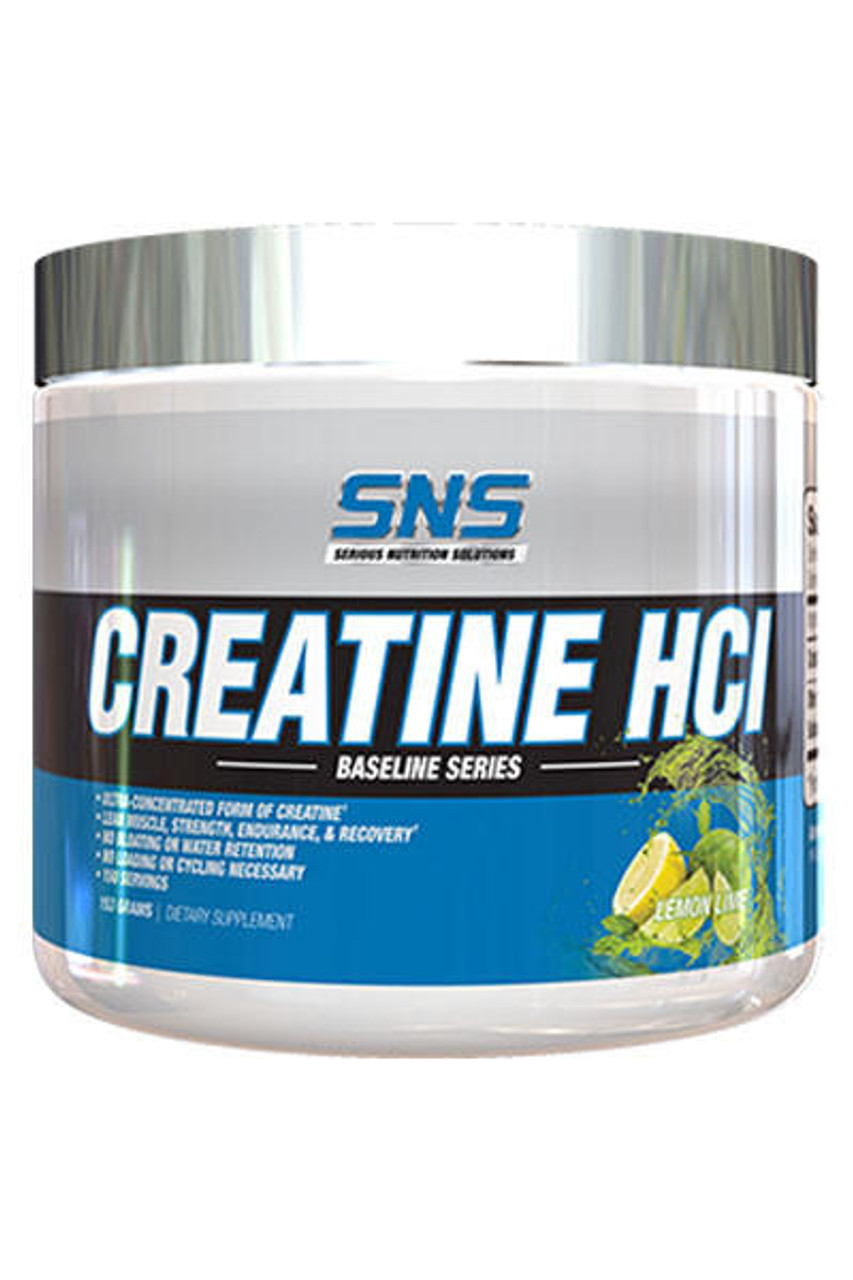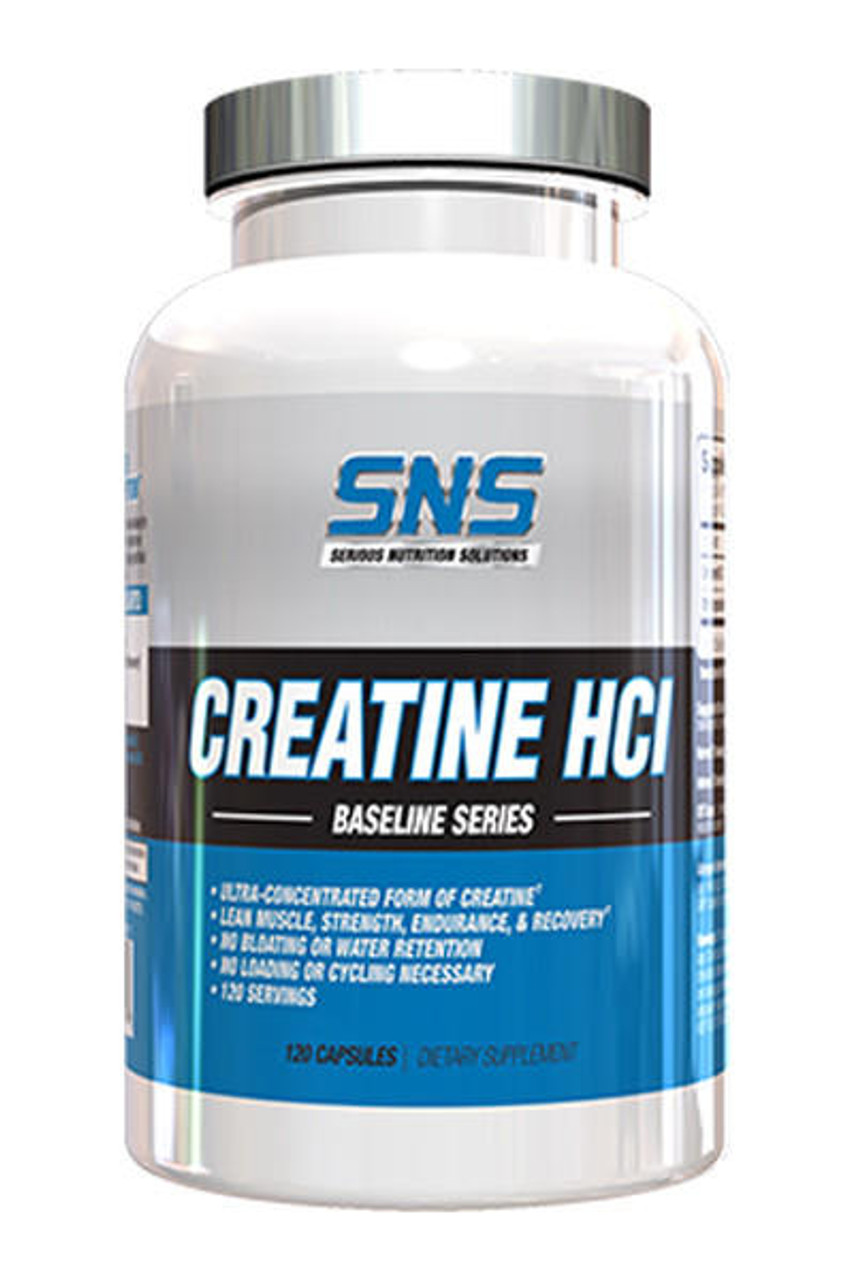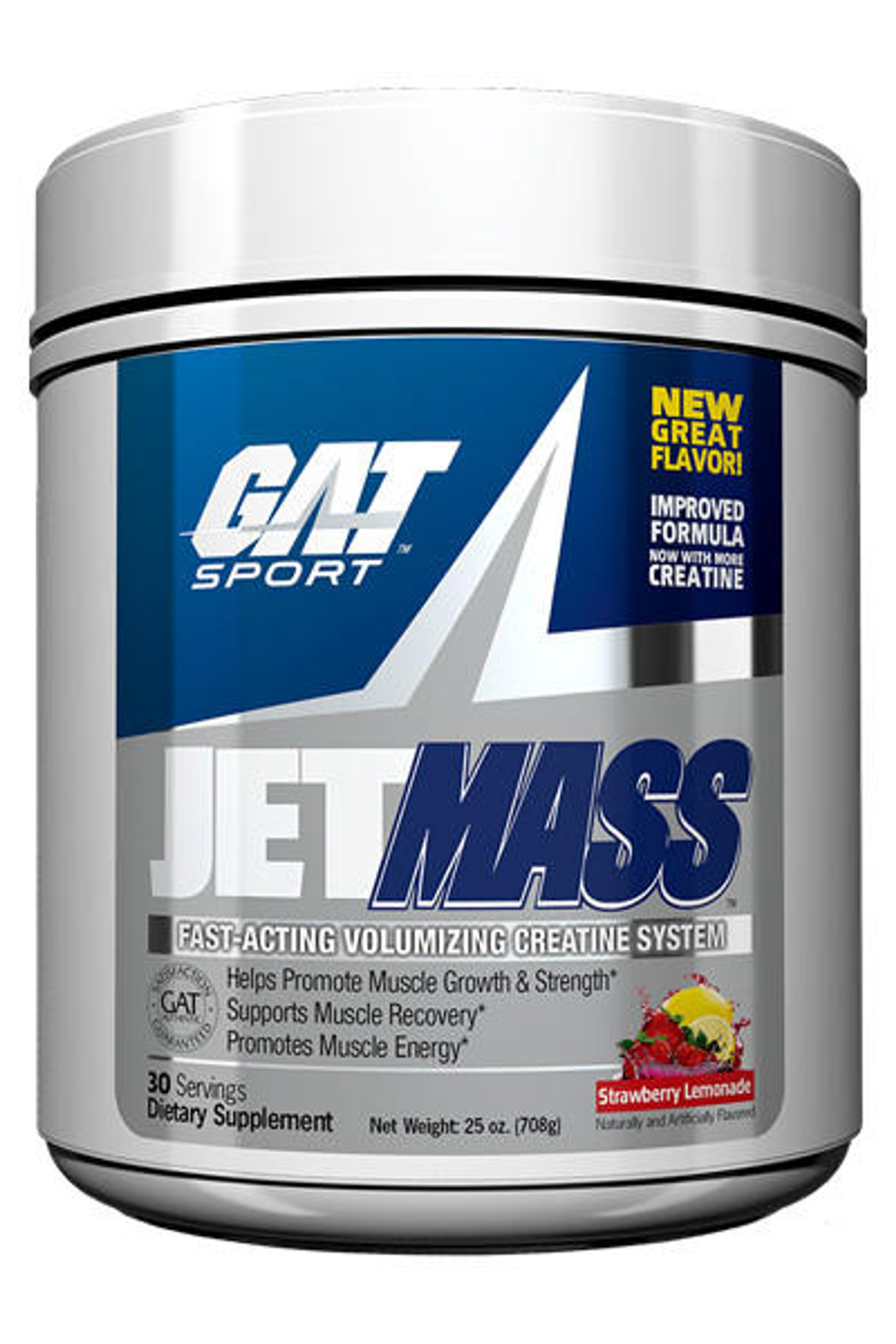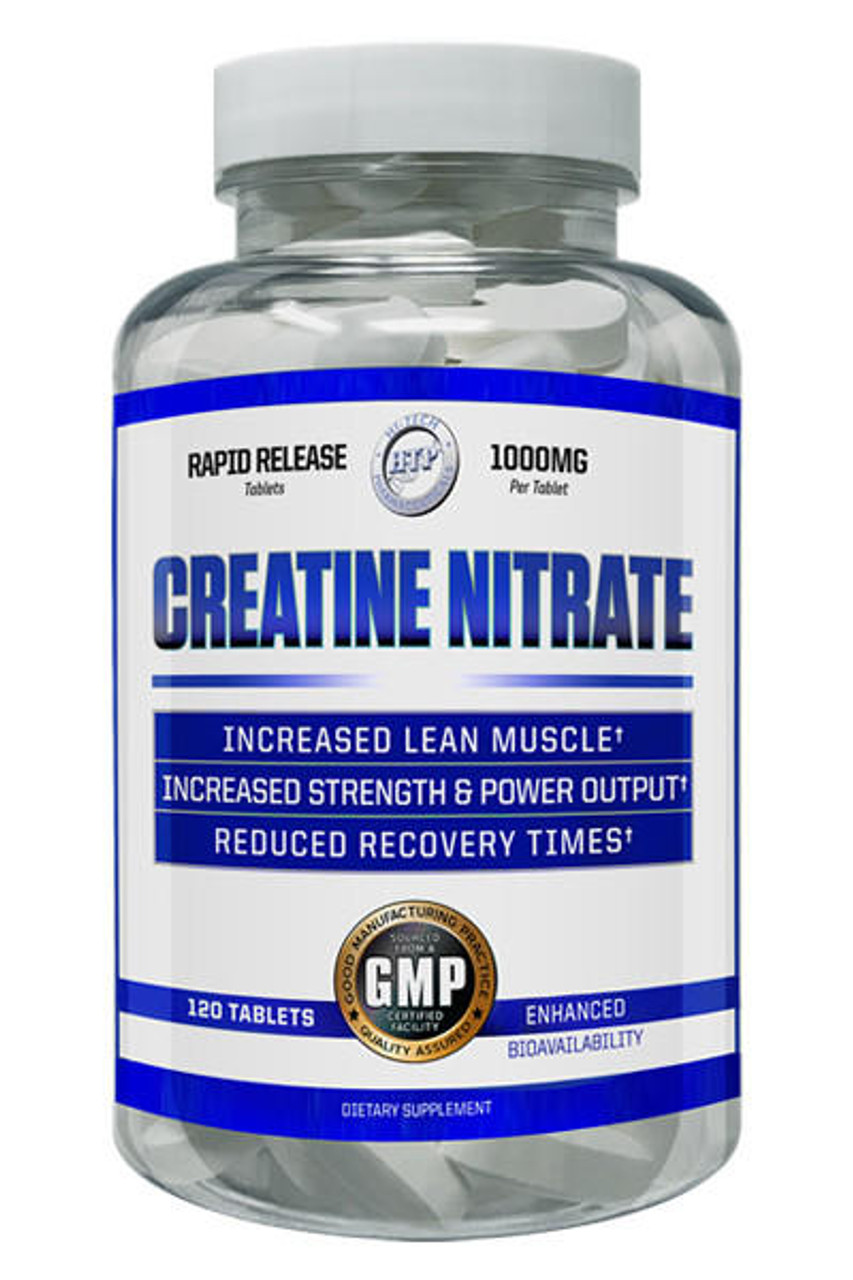Creatine Before Bed: Maximizing Your Muscle Gains Overnight
Posted by Leonard Shemtob on Jun 21, 2023
Introduction
Welcome to the comprehensive guide on taking creatine before bed - a question that has been puzzling fitness enthusiasts and athletes for a long time. If you're currently using creatine, you might find yourself wondering "can I take creatine before bed?" or "is it ok to take creatine before bed?".
In addition to answering these, we're going to unpack the potential benefits of consuming creatine before you hit the sack and introduce some of the top-ranking creatine products currently taking the market by storm.
This article aims to provide you with up-to-date, research-backed answers to your questions about creatine monohydrate, and how it can potentially enhance your workout regimen and muscle growth.
Short Summary:
- Taking creatine before going to sleep can potentially enhance muscle growth and recovery.
- Optimal timing for creatine intake can vary, with bedtime dosage potentially offering specific benefits.
- Creatine supplements such as Creatine by Psycho Pharma and Creatine HCI by SNS are among the top recommendations.
- While there are minimal risks associated with using creatine before bedtime, monitoring personal reactions and consulting a healthcare provider for any side effects is advised.
- Buy The Best Creatine Available Today for improved muscle growth and recovery
Can I Take Creatine Before Bed?
There's a question that has been bugging gym enthusiasts for a while - "can you take creatine before bed?" The simple answer is yes; using creatine before sleeping might actually be a good strategy for recovery and growth, and we'll explain why:
Benefits of Taking Creatine Before Bed
Research suggests that consuming creatine before sleep can help facilitate muscular recovery during sleep.
Creatine plays a vital role in energy production, especially in high-intensity workouts, contributing to muscle growth and overall muscle mass.
By taking it before bed, you're giving your body an extra source of this vital nutrient when it's working hard to repair and build muscle tissue.
How Much Creatine Should You Take?
The loading phase of creatine usually involves taking higher amounts of creatine for the first week.
Most users should aim for 15 to 20 grams per day during the loading phase.
After completing the loading phase, users should begin using a maintenance dose of about 5 grams per day.
You might want to consider splitting your doses throughout the day, with your final dose about 30 minutes before bed.
But remember, more doesn't always mean better.
Taking too much can lead to negative effects, so always stick to the recommended dose on your creatine supplement.
Be sure to consume enough water to keep your muscles hydrated.
Read this article to learn if dry scooping creatine is a good idea
Pre and Post Workout Creatine Intake
Many athletes prefer to consume creatine as a pre-workout, intra-workout, or post-workout supplement. The best time to take creatine really depends on your workout routine and lifestyle. If you're a night owl who loves evening workouts, using creatine before sleep can help maximize your post-workout recovery process.
Read this article to find out How Much Water To Intake With Creatine
Top Ranking Creatine Supplements
1. Creatine by Psycho Pharma
Creatine by Psycho Pharma is known for its muscle building benefits and high-quality creatine monohydrate.
2. Creatine HCI by SNS
Designed for rapid absorption, Creatine HCI by SNS aids in recovery and muscle growth. This creatine supplement comes in two forms: capsule form and powder form.
3. JetMass by GAT Sport
Aside from creatine monohydrate, JetMass by GAT Sport also includes other highly beneficial ingredients that help you recover faster and sleep better.
4. Creatine Nitrate by Hi-Tech Pharmaceuticals
Creatine Nitrate by Hi-Tech Pharmaceuticals provides a form of creatine that can be dissolved in water much more efficiently, offering improved absorption.
To Wrap Things Up
In conclusion, taking creatine before bed could be a valuable addition to your muscle-building strategy, with potential benefits for recovery and growth. However, it's important to remember that each individual's body may respond differently to creatine intake, so monitoring your own reactions and adjusting the dosage as needed is crucial.
If you experience any side effects, it is recommended to consult a healthcare provider for professional advice. With the right approach, creatine can be a powerful tool in your fitness journey, helping you reach your muscle gaining goals more efficiently.
Written and Sponsored by Leonard Shemtob
Leonard Shemtob is President of Strong Supplements and a published author. Leonard has been in the supplement space for over 20 years, specializing in fitness supplements and nutrition. Leonard appears on many podcasts, written over 100 articles about supplements and has studied nutrition, supplementation and bodybuilding.
Leonard's articles have been published in many top publications around the web. Leonard enjoys weight training, playing basketball and yoga, and also enjoys hiking. In his free time he studies and works on improving himself. For more detailed information, visit his official blog.
A FAQ Page from the SEO Rich Snippets App
Related Articles
Read More About Creatine

- Kreider, R. B. (2003). Effects of creatine supplementation on performance and training adaptations. Molecular and cellular biochemistry, 244(1-2), 89-94.
- Bird, S. P. (2003). Creatine supplementation and exercise performance: a brief review. Journal of sports science & medicine, 2(4), 123.
- Buford, T. W., Kreider, R. B., Stout, J. R., Greenwood, M., Campbell, B., Spano, M., ... & Antonio, J. (2007). International Society of Sports Nutrition position stand: creatine supplementation and exercise. Journal of the International Society of Sports Nutrition, 4(1), 1-8.
- Hultman, E., Söderlund, K., Timmons, J. A., Cederblad, G., & Greenhaff, P. L. (1996). Muscle creatine loading in men. Journal of applied physiology, 81(1), 232-237.
- Jäger, R., Purpura, M., Shao, A., Inoue, T., & Kreider, R. B. (2011). Analysis of the efficacy, safety, and regulatory status of novel forms of creatine. Amino acids, 40(5), 1369-1383.
- Rawson, E. S., & Volek, J. S. (2003). Effects of creatine supplementation and resistance training on muscle strength and weightlifting performance. Journal of strength and conditioning research, 17(4), 822-831.
- Antonio, J., & Ciccone, V. (2013). The effects of pre versus post workout supplementation of creatine monohydrate on body composition and strength. Journal of the International Society of Sports Nutrition, 10(1), 1-8.
- Cooper, R., Naclerio, F., Allgrove, J., & Jimenez, A. (2012). Creatine supplementation with specific view to exercise/sports performance: an update. Journal of the International Society of Sports Nutrition, 9(1), 1-11.
- Gualano, B., Roschel, H., Lancha Jr, A. H., Brightbill, C. E., & Rawson, E. S. (2012). In sickness and in health: the widespread application of creatine supplementation. Amino Acids, 43(2), 519-529.
- Avgerinos, K. I., Spyrou, N., Bougioukas, K. I., & Kapogiannis, D. (2018). Effects of creatine supplementation on cognitive function of healthy individuals: A systematic review of randomized controlled trials. Experimental Gerontology, 108, 166-173.



